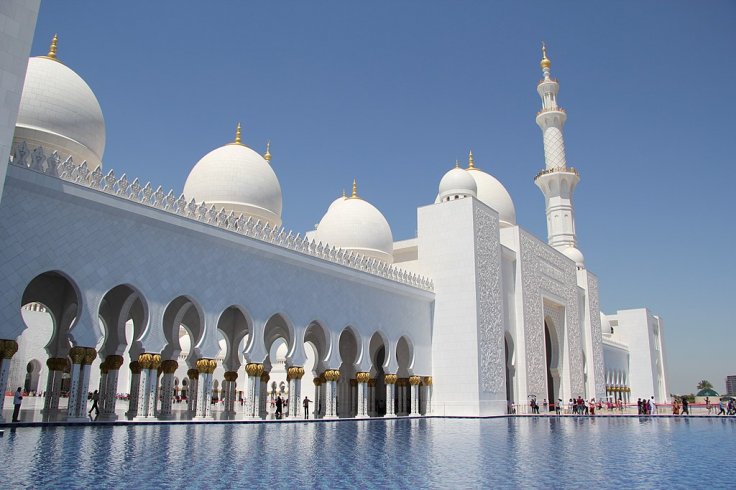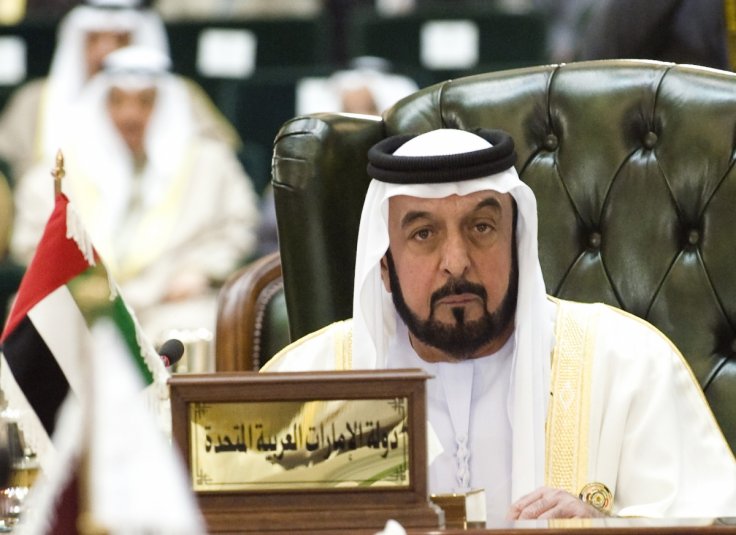Mosques in the United Arab Emirates have been called upon to recite special rain prayers on Friday. These prayers beseeching rains are called Salaat Al Istisqaa and are offered when people are confronted with long spells of drought. Mosques in the Emirates will offer the special prayers 10 minutes before the Friday prayer.
The rain prayers are conducted across the UAE as per the directive of President Khalifa bin Zayed Al Nahyan, who asked the citizens to pray for "rain, mercy and abundance upon the country and its people."
The Khaleej Times has published the different timings of the rain prayers in various Emirats in the UAE. The prayers will be held in all seven emirates- Abu Dhabi, Dubai, Sharjah, Ajman, RAK, Fujairah and Al Ain.
In Dubai alone, as many as 800 mosques will perform the Al Istisqa, which literally means to "seek rain".

The offering prayers for rain is a Sunnah confirmed by hadeeths and was a practice observed since the early centuries of Islamic faith. According to Islamicfiqh.net: "The prayer for rain consists of two rak'ahs, similar to Eid prayer. In the first rak'ah, and after the takbeer (glorification), Allah-u akbar, and the opening supplication, takbeer is repeated seven more times, after that, al-Fatihah and another surah are recited. In the second rak[ah the same takbeer is repeated five times other than the takbeer for standing up from sujood before reciting al-Fatihah."
The website Al-Islam.org narrates an anecdote relating to the origins of the rain prayers. As per the site, the tradition dates back to the early centuries. When the people of Madinah faced extreme drought they approached the Prophet who was delivering a sermon. They told the Prophet: "Horses and women have perished. Pray to God to give us rain."
The Prophet then extended his hands and prayed, following which copious rains fell on the arid lands. "The sky was (clear) like a piece of glass. Then the wind began to blow. The clouds emerged and gathered and the sky poured forth its blessings. We went forth wading through the pools till we reached our homes."

According to a recent report, the middle east region will face acute water scarcity in the coming decades. "Lack of adequate water management could cost the Middle East up to 6% of its GDP by 2050;" the new Oliver Wyman report said.
"With its arid weather conditions, the Middle East is set to take the brunt of global water scarcity. "With water resources becoming increasingly scarce globally, the Middle East region is addressing the critical issues with governments increasingly adopting new strategies for balancing their scarce water resources and growing demand for fresh water," said Bruno Sousa, Head of Water and Energy practices at Oliver Wyman.
Water crisis in the Middle East will threaten sectors like agriculture, health and income in the region, the report said. Countries in the Middle East have been focusing on desalination and treatment and reuse of wastewater in recent years to tide over the crisis.









